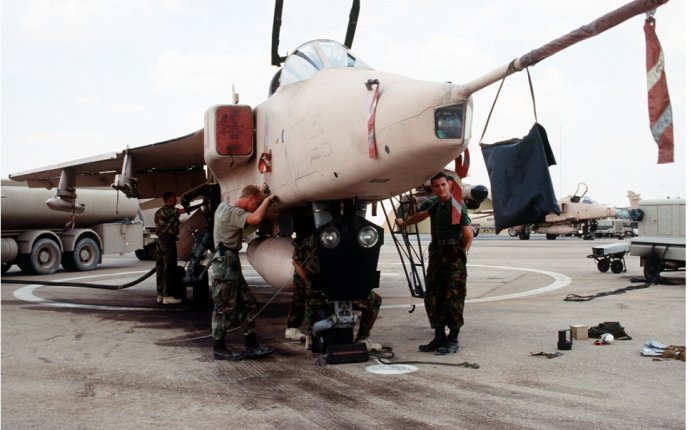
School of Aviation Science & Technology
Note: An overall grade point average of 2.0 (C) or above is required for graduation. A grade of C- or better must be achieved in each aviation science course.
Note: All aviation science majors are required to purchase the Bedford Handbook in their first semester of study. This handbook will be utilized throughout the aviation curriculum as a standard reference to help students improve their written communications skills and ability to follow documentation and citation standards. Aviation Science students are expected to comply with APA standards in all upper-level aviation science courses
FLIGHT PREREQUISITE
New students must meet with an aviation academic advisor before registering for courses. A class II Medical/Student Certificate from an FAA designated Medical Examiner is required. The Medical must be completed prior to entering the flight phase of the program so that student qualifications and special needs can be determined. Because most airlines require a class I medical for employment as a pilot; students are encouraged to obtain a class I as soon as practical.
FLIGHT REQUIREMENTS
Students entering or transferring into any Aviation Sciences program and enrolled in on-campus courses must complete their flight training at the UVU flight training facility-using UVU owned aircraft. Exception waivers may be granted if they are approved in advance by both the Department Chair and Chief Flight Instructor.
Student's flight training at the UVU facility may be eligible for an increased cost of attendance to obtain private (alternative) loans. In order to receive a private student loan based on these flight costs, students MUST be enrolled in the appropriate flight course section. For more information regarding student loans, please visit the UVU Financial Aid & Scholarship Office located in BA 108.
In addition to the regular tuition rate, students training at the UVU facility pay for their flight costs via course fees, which are associated with each flight course they register for. Each flight course fee has been estimated to cover costs associated with the required pilot training for a particular FAA certificate or rating. Students experiencing difficulties and fall behind may be required to pay additional flight training costs.
Students who utilize UVU aircraft are required to enroll in and attend live ground and flight course sections.
Students enrolled in live flight courses must attend their flight class by contacting the records section in HB-202B within three days after the start of the semester or they may be dropped from the class. Students experiencing difficulties and fall behind may be required to pay additional flight training costs.
CAREER OPPORTUNITIES
Professional Pilot: Worldwide growth of airlines and air traffic correlates highly with economic growth. The number of passengers is expected to nearly double by 2020. Pilots and aviation/aerospace personnel work in highly technical and practical scientific environments on a daily basis; pilots have responsibility for operating single engine, multi-engine, turbo- prop, and jet aircraft in all weather conditions both day and night. Examples of jobs in the aviation field are: airline, charter and air taxi pilot, flight instructor, aerial photography and surveying, military, bush pilot/remote re-supply, medical evacuation, firefighting and spotting, Federal and State Government positions, drug enforcement, FAA safety inspectors, pipeline and transmission line patrol, recreation/sight-seeing pilot, police and traffic control, research and development, test flight, airplane sales/demonstration and generic commercial airline pilot. Graduates of the Associate in Applied Science or Associate in Science are qualified to become a commercial pilot or certified flight instructor and should qualify for entry into a four- year degree program for upper division course work. Graduates of the Bachelor of Science in Aviation Science with an emphasis in Professional Pilot are employable as a pilot by an airline after obtaining adequate flight hours and experience. Graduates may also qualify to be corporate and military pilots. Individuals who complete the Associate in Aviation Science constitute the majority of program employed flight instructors.
Students who desire to obtain a Bachelor of Science with an emphasis in Professional Pilot or Tech Management, Associate in Science Aviation or Associate in Applied Science Aviation must obtain a commercial pilot certificate with multi-engine and instrument rating.
Aviation Administration: this emphasis is designed to prepare students for careers as professional leaders in aviation. The number of individuals who travel by air will continue to grow in the years to come. Airlines and airports are looking for dedicated, qualified personnel. The Federal Aviation Administration will need to employ increasing numbers of individuals to keep up with the demand. Courses include but are not limited to: airport management, security, transportation and corporate management, and cargo operations.









